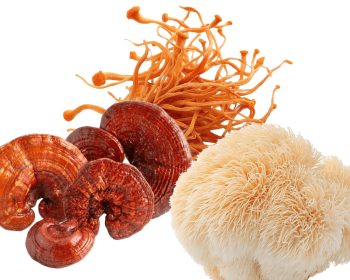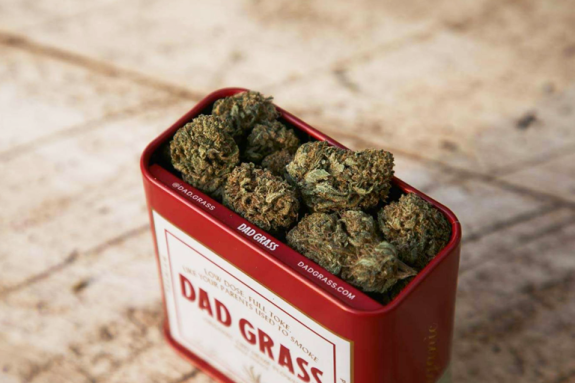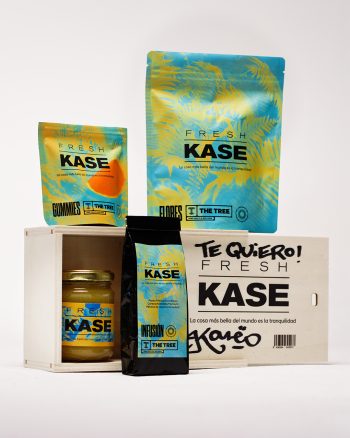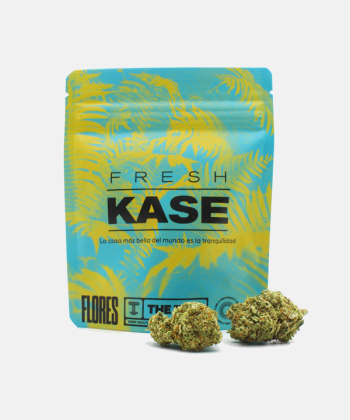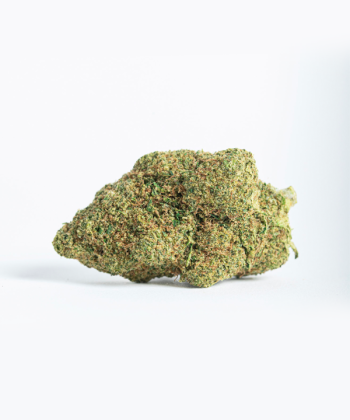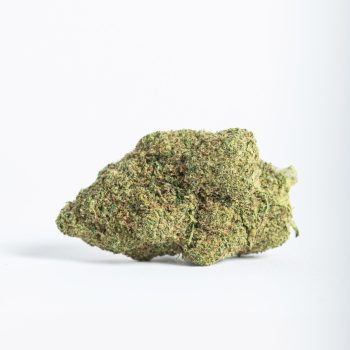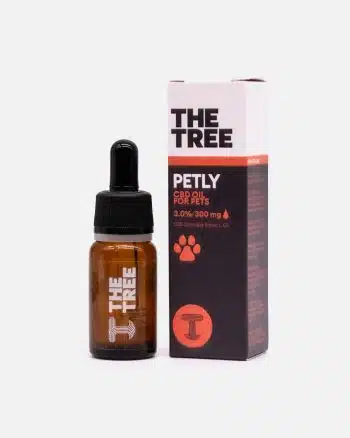In recent years, CBD (cannabidiol) has emerged as a popular and promising cannabinoid for improving well-being, not only in humans but also in our pets.
This growing interest does not exclude our feline friends, who can also benefit from the properties of CBD. But what exactly is CBD and how can it help our cats?
CBD is one of the many compounds found in the cannabis plant, known for its potential benefits. For cats, CBD presents itself as a natural option to improve a variety of discomforts, from anxiety to pain.
This article will explore how CBD works in cats, addressing both the science behind its mechanism of action and the potential benefits it could offer.
We will also explain dosage and safety considerations, to ensure our feline companions are given all the love and care they deserve. Join us on this journey to understanding CBD for cats: a natural alternative for your pet’s wellbeing.
How does CBD work for cats?
Cannabidiol (CBD) has gained popularity for its potential properties, but its use is also spreading to the veterinary world, particularly among pet owners.
Although research in cats is more limited compared to human research, animal studies and the biological mechanisms involved suggest that CBD may offer similar effects in felines.
CBD interacts with the endocannabinoid system (ECS), which is a complex biological system present in many animals, including cats. This system plays a crucial role in the regulation of several functions, such as sleep, appetite, pain and immune response.
This compound influences the SEC directly by modulating receptors and enzymes associated with it, which may result in harnessing its anti-inflammatory, analgesic, anxiolytic and other properties.
Studies in animal models and humans have shown that CBD may have anti-inflammatory and analgesic properties, showing its potential to treat pain and inflammatory conditions in cats as well.
Potential benefits of CBD for cats
The use of CBD in pets has been the subject of increasing interest due to its potential properties. Although specific research on cats is limited, animal and human studies provide a preliminary basis for the potential benefits CBD may provide to felines, under veterinary supervision.
Despite the lack of studies, some research indicates that CBD may help our feline friends in two ways:
- Anti-inflammatory properties: CBD has been shown to have anti-inflammatory effects in several research models, suggesting it could help in the management of inflammatory conditions in cats, such as arthritis¹.
- Pain relief: thanks to its analgesic properties, CBD may be useful in the management of chronic pain in cats, thus providing a better quality of life. According to a clinical case report published in 2023, CBD had the desired effect in the treatment of a cat’s chronic pain caused by osteoarthritis².
It is essential to recognise that, despite these potential benefits, the use of CBD in cats must be carefully considered and supervised by a veterinary professional. Proper dosing and product quality are crucial to ensure the safety and efficacy of the treatment.
Future feline-specific research will be essential to establish more precise usage guidelines and to fully understand the effects of CBD in cats.
CBD dosing in cats
Administration of CBD in cats requires a careful and measured approach, as dosage can vary significantly depending on several factors, such as weight, the condition being treated and CBD concentration.
Although specific research on optimal CBD dosing for cats is still under development, here are some general considerations based on preliminary animal studies.
- Start with low doses: As a general rule, it is advisable to start with a low dose of CBD and observe the cat’s response. This not only allows you to assess the animal’s tolerance to CBD, but also to adjust the dose as needed.
- Dose adjustment: Depending on the cat’s response and tolerance to CBD, the dose can be gradually increased. It is crucial to make these adjustments carefully and under the supervision of a veterinarian, especially if the pet is receiving other medications or treatments.
- Pet-specific formulations: you should opt for CBD products designed specifically for pets, such as our Petly CBD oil, as they ensure proper concentration and avoid the inclusion of ingredients that are potentially harmful to cats.
- Veterinary consultation: Before starting any CBD regimen for a cat, it is essential to consult with a veterinarian. Professionals can offer dosage recommendations based on the animal’s specific health condition and medical history, as well as monitor the efficacy and safety of CBD treatment.
The lack of specific studies and clear regulations on the use of CBD in cats underlines the importance of proceeding with caution. Veterinary supervision is essential to ensure that the use of CBD contributes positively to the well-being and health of the cat, minimising any potential risks.
References
- Malfait, A., Gallily, R., Sumariwalla, P., Malik, A., Andreakos, E., Mechoulam, R., & Feldmann, M. (2000). The nonpsychoactive cannabis constituent cannabidiol is an oral anti-arthritic therapeutic in murine collagen-induced arthritis. Proceedings of the National Academy of Sciences of the United States of America, 97 17, 9561-6
- Gutierre, E., Crosignani, N., García‐Carnelli, C., di Mateo, A., & Recchi, L. (2023). A case report of CBD and THC as analgesic therapy in a cat with chronic osteoarthritic pain. Veterinary Medicine and Science, 9(3), 1021-1025


